Tōtara Pegasus Health Pānui
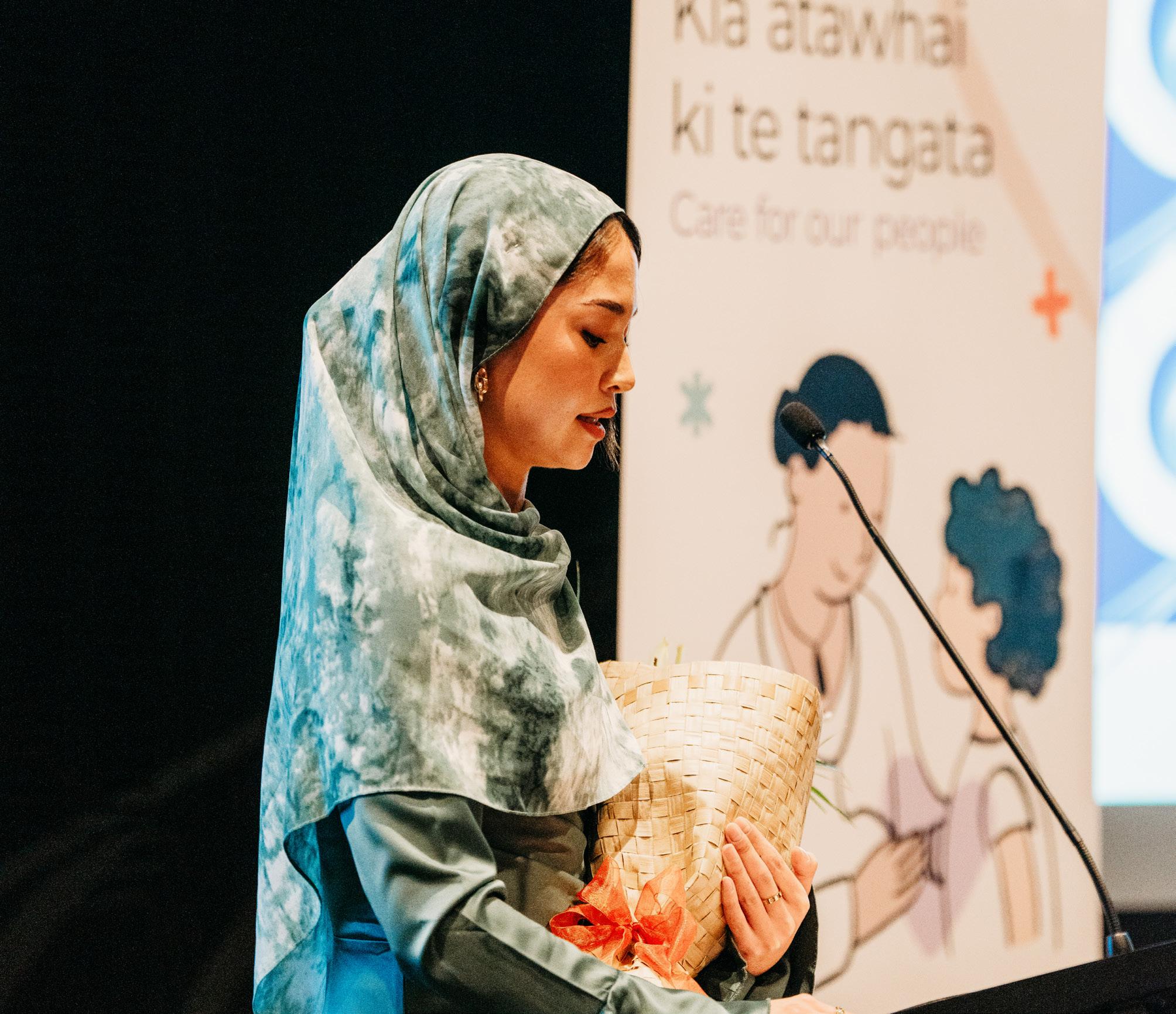

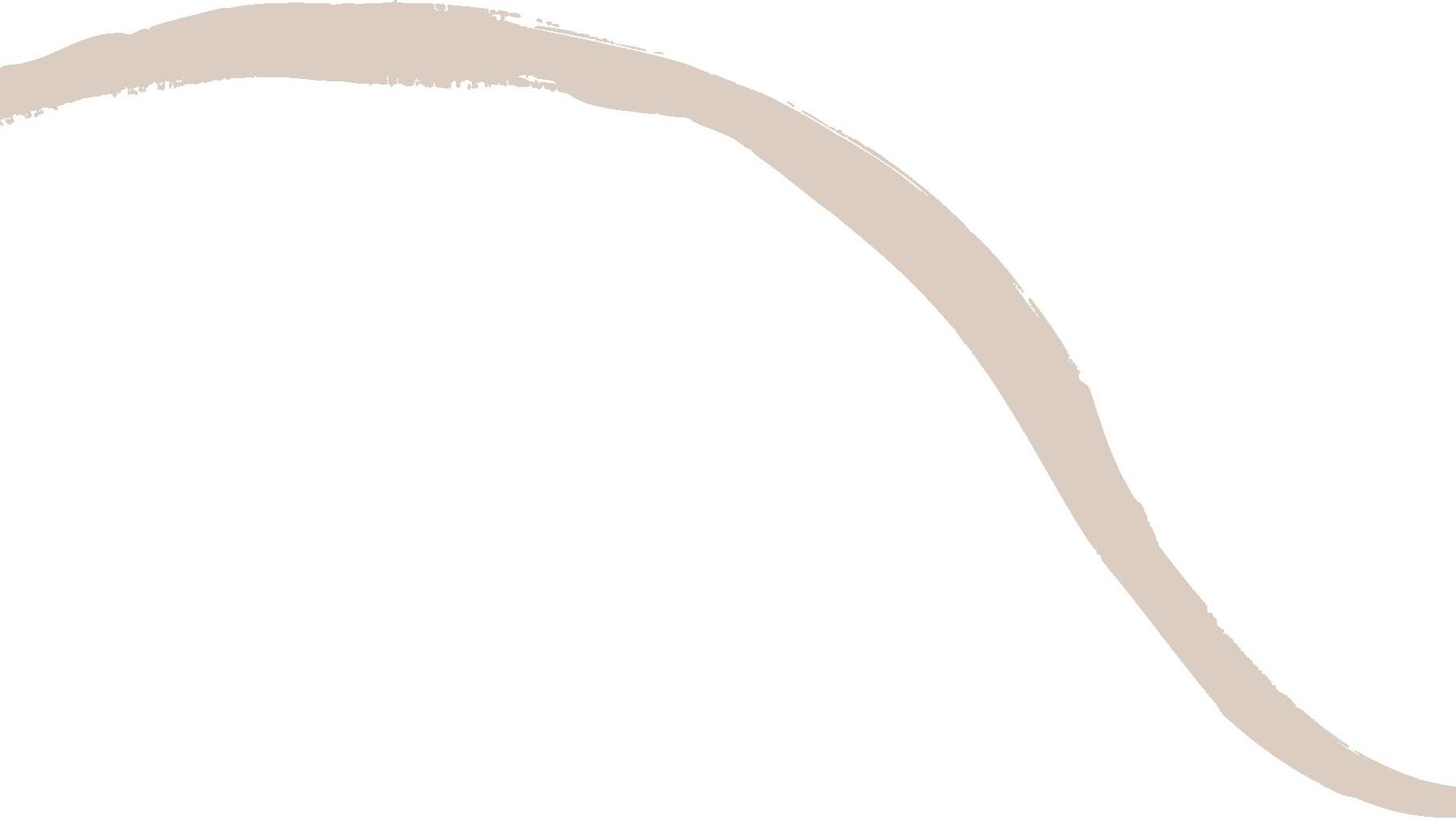
Hōngongoi | July 2025
Putanga | Issue 07





Hōngongoi | July 2025
Putanga | Issue 07

Pegasus House stands on land which was previously a dense Tōtara forest. The name Tōtara honours our home’s past. Just like the Tōtara tree thrives in the forest, soaring towards the sky and Ranginui, we create this newsletter with the aim of highlighting excellence in primary care and to support others to similarly flourish and strengthen.
Each issue of Tōtara Pegasus Health Pānui features stories, interviews, and new initiatives from across Waitaha Canterbury.
If you have a story, you would like our team to cover, please email communication@pegasus.health.nz
Tōtara Pegasus Health Pānui is produced by the Communications Team at Pegasus Health. Content within Tōtara Pegasus Health Pānui has been included with the approval of content providers. If you wish to reproduce, alter, or transmit any of the information or images contained within, please contact communication@pegasus.health.nz.
Pegasus Health (Charitable) Ltd is one of the Aotearoa New Zealand’s largest and most progressive PHOs and practice networks, supporting general practice in Waitaha Canterbury and the health system throughout the South Island.
At our core we exist to support practices – and through this to help provide better health outcomes to people living in Waitaha.
Our purpose is by 2030, the health outcomes for people in our takiwā have improved substantially with a
significant reduction in inequities in access and outcomes.
Our values of Inclusive, Strive, Connection, and Integrity, are underpinned by our guiding principle of Manaakitanga, to create the fabric of our ways of being as an organisation.
Pegasus has a commitment to ensure that we overtly, purposefully, and strategically thread equity and Te Tiriti o Waitangi through all we do and how we operate.



Kia ora koutou,
As winter approaches, it’s a good moment to recognise the momentum and strength of our network, not only in adapting to pressure, but in leading with purpose and delivering meaningful results for our communities.
This edition of Tōtara brings together stories of innovation, impact and leadership reflecting the wider strength of the network.
I want to congratulate this year’s recipients of the Pegasus Workforce Development Scholarships. A workforce that is diverse and deeply connected to the communities we serve is vital to a strong health system. Our 2025 recipients represent the future of healthcare in Aotearoa. They are emerging leaders who will help shape a more equitable and resilient system.
At Southside Health, a bold, nurseled model is delivering people-first care through collaboration and adaptability. And in Linwood, the team at Cashel Medical Centre is demonstrating the power of integrated services, with kaiāwhina, physiotherapy, and pharmacist support now on-site through Comprehensive Primary and Communiity Teams (CPCT) funding.
We also celebrate the outstanding contribution of Dr Gayle O’Duffy, recipient of the 2025 Peter Snow Memorial Award. Her four decades of service in rural general practice have shaped the landscape of community care in Aotearoa. Gayle has made a significant leadership contribution
to Pegasus and to improvements across the Canterbury health system. Congratulations, Gayle, on this welldeserved recognition.
Finally, Whānau Ora Community Clinic shows how thoughtful changes, from quieter waiting areas to accessible seating, can transform the way people experience health care.
Together, these stories speak to aresponsive, connected network committed to delivering better outcomes every day. The strength of Pegasus lies in our collective practices - our GPs, nurses, practice managers, administrators and support teams. It’s a privilege to share this showcase of excellence from across our network.
Ngā mihi nui,
Kim Sinclair-Morris Manukura | CEO Pegasus Health (Charitable) Ltd.
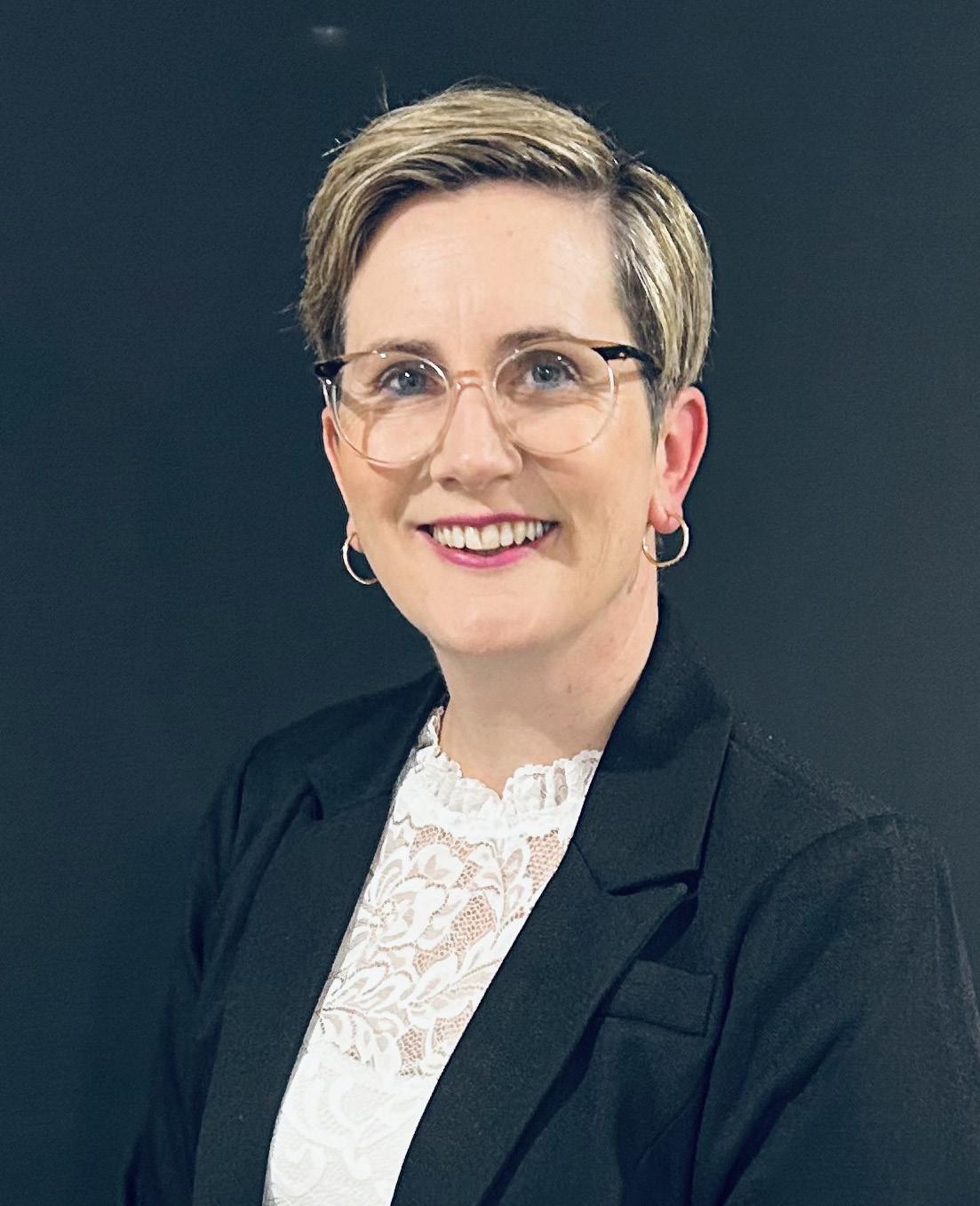
The 2025 Pegasus Workforce Development Scholarship Awards were held on 12 June at Tūranga, the central library in Ōtautahi Christchurch.
Established in 2001, the scholarship programme supports Māori, Pacific and CALD (culturally and linguistically diverse) students as they pursue health-related qualifications. The programme aims to nurture the next generation of health professionals and future leaders, those who reflect and represent the communities they serve.
The awards evening was a celebration of aspiration, identity and resilience. Fifteen recipients shared stories of courage and commitment, many having overcome significant obstacles to pursue their studies and their dream of building a more equitable health system for all.
Hezron Taulapapa, a Bachelor of Social Work (Honours) student from Samoa, spoke about the real challenges faced by his community in accessing quality care:
“I’ve seen first-hand the struggles our people face, a misunderstanding of
our culture, and a system that doesn’t always hear our voice. That’s why I’m here,” he said.
The strength of whānau and community was woven throughout the evening, with many recipients paying tribute to those who uplifted them and empowered their studies, especially their mātua (parents), grandparents, and tupuna (ancestors).
Noorin Ikhtiari, a Bachelor of Nursing student originally from Afghanistan, offered a heartfelt dedication.
“To my mum, your education ended in Year 6. I carry that with me, and I’ll honour your story by helping others, especially the generations of women who were never allowed to dream this big,” she said. “If you save one life, you’re a hero. [Now I know] if you save a hundred lives, you’re a nurse.”
The 2025 scholarship recipients embody the vision of a diverse, compassionate, and committed health workforce that is dedicated to equity. Their stories inspire hope for a future where anyone, no matter their background, can become a health leader of tomorrow.


CALD scholarship winner, Noorin Ikhtiari.

Above: Sally Pitama (center) opens the ceremony with karakia, accompanied by Michaela Kamo and Chris John.
Left: Scholarship winners with Master of Ceremonies, Matai’a Salatielu Tiatia.
Congratulations to this year’s winners:
• Paepa Tohaia, Ngāti Raukawa 4th year Bachelor of Medicine
• Laura Reay, Ngāti Tūwharetoa, Moriori 2nd year Bachelor of Nursing
• Aromia McClay, Te Ati Haunuia-Pāpārangi
3rd year Bachelor of Midwifery
• Brayden Ututaonga, Ngāpuhi, Ngāti Hine
4th year Bachelor of Social Work
• Ngapera Kokiri, Ngāti Pūkenga, Tapuika 3rd year Bachelor of Counselling
• Roneima Teumohenga, Samoan, Tongan, Tokelauan 5th year Bachelor of Medicine
• Jarise Togiaso, Samoan 3rd year Bachelor of Nursing
• Ofa Kitekeiaho, Tongan 4th year Bachelor of Public Health and Psychology
• Anne Vosanibola, iTaukei (indigenous) Fijian 3rd year Bachelor of Social Work
• Hezron Taulapapa, Samoan 4th year Bachelor of Social Work with Honors
• Esther Oluwole. O, Nigerian 2nd year Bachelor of Nursing
• Noorin Ikhtiari, Afghani 3rd year Bachelor of Nursing
• Sunita KC, Nepali 3rd year Bachelor of Nursing
• Sarthak Shah, Indian 3rd year Bachelor of Nursing
• Senuka Wijayasooriya, Sri Lankan 5th year Bachelor of Medicine

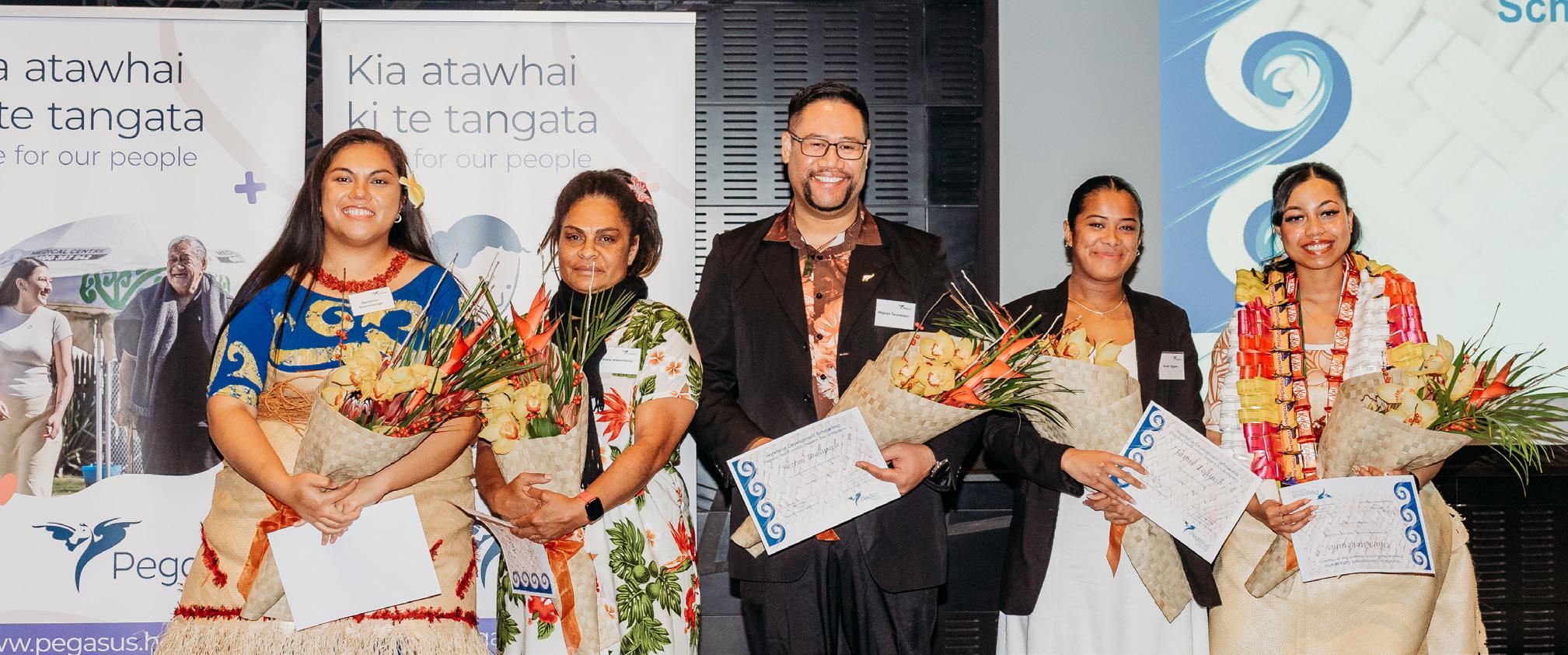
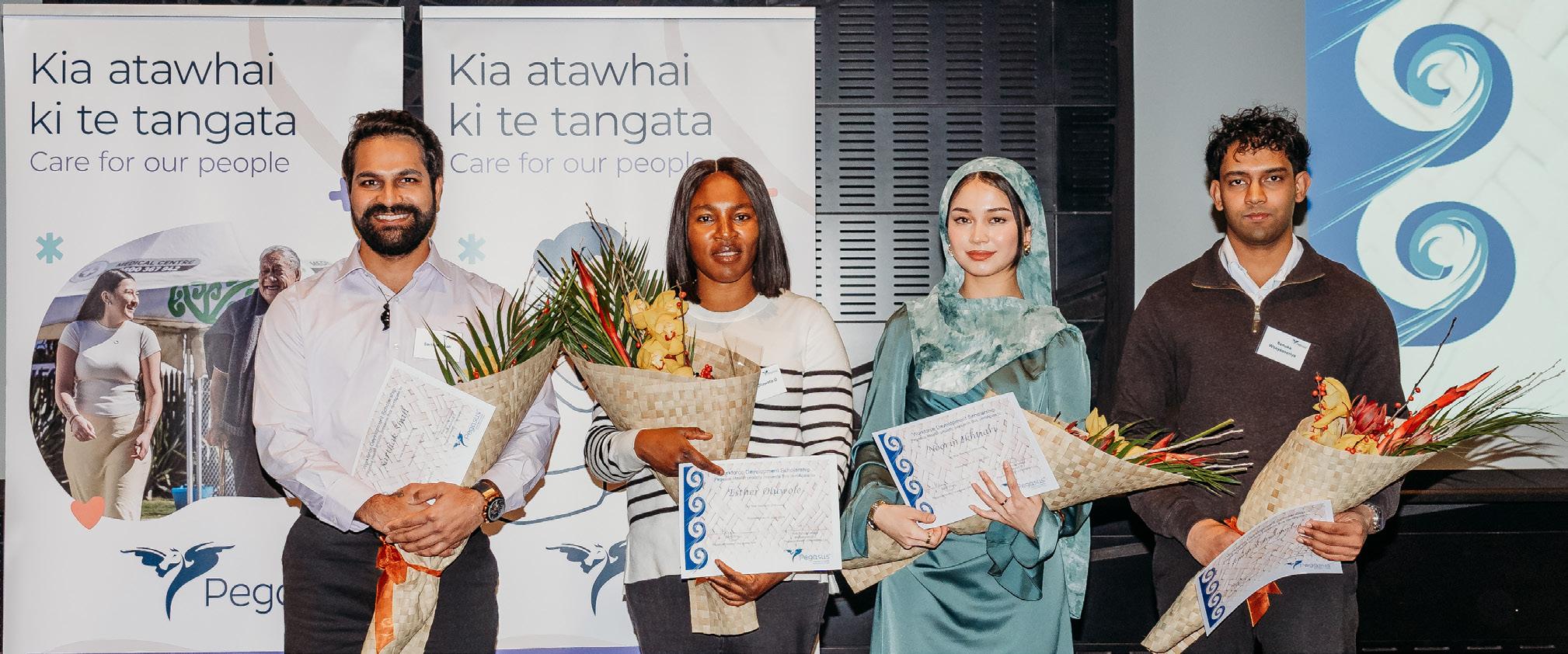

Dr Gayle O’Duffy was awarded the 2025 Peter Snow Memorial Award for her longstanding service and contribution to rural health in Aotearoa. Based in Methven, Gayle has worked over 40 years as a rural general practitioner, providing consistent and compassionate care to her community.
Throughout her career, Gayle has been a strong voice for rural health equity and workforce sustainability. She helped shape the rural health landscape through her early and ongoing involvement with the Canterbury Clinical Network (CCN). As a founding member, she brought a systems-level perspective to improving outcomes for patients and practitioners. Gayle also contributed to the Urgent Care planning group, one of the few groups from CCN’s formation still active today.
In 2022, she was awarded a Community Service Medal by The Royal New Zealand College of General Practitioners, recognising her
commitment to service, mentorship, and leadership.
Gayle is widely respected for her grounded, people-first approach. She is known for building enduring relationships, often caring for entire whānau. Her work reflects a deep understanding of the unique strengths and challenges of rural communities. Gayle continues to adapt her care to meet changing needs, while supporting new health professionals and advocating for sustainable, community-based care.
The Peter Snow Memorial Award honours those who have made an enduring difference in rural health. Gayle’s work continues to influence how health services are delivered in rural Aotearoa, reminding us lasting change is built on trust, equity and an understanding of what communities need to thrive.
At Piki Te Ora Health Centre, we understand immunisations can be daunting for tamariki and their whānau. We are committed to making each visit welcoming, positive, and whānau-friendly. From a warm “kia ora” at reception to a cheerful “ka kite” at the end, our clinic experience is designed to uplift and reassure.
Our entire team, from admin to clinical kaimahi, work together in making immunisation days stress free. Our skilled nurses are experts, not only in delivering vaccines, but also in creating smiles. They use distraction tools like bubbles and a flock of cheerful rubber ducks to ease nerves, and one nurse hands out personalised “Awesome, Brave Kid Award” certificates to celebrate courage.
To top it off, tamariki choose a lollipop in their favourite colour and a sticker
from reception, small gestures which make a big impact. Our doctors join in the fun and one senior GP rolls tennis balls from his office to gently distract upset children.
Over the years we have found the key to calming children often begins with calming parents. A confident, relaxed whānau helps tamariki feel safe and supported. Our nurses encourage techniques like breastfeeding after immunisation to soothe and comfort.
At Piki Te Ora, immunisation is not just a procedure, it is a daily community experience grounded in empathy, celebration, and connection. We are proud to create positive early health memories. We encourage other clinics to explore how small, compassionate touches can transform the immunisation journey for their communities too.

Cashel Medical Centre is a general practice serving the East-Christchurch suburb of Linwood. The practice is a Very Low Cost Access (VLCA) clinic serving vulnerable and low-income patients.
With the support of the Comprehensive Primary and Community Teams (CPCT) programme, Cashel Medical has expanded its services to include a care coordinator, kaiāwhina, pharmacist, and physiotherapist on-site.
The expansion of services has comprehensively increased the level of support the medical centre can provide to its patients.
Thanks to CPCT funding, two existing employees have stepped into enhanced roles. Melissa, a nurse, now works one day a week as a care coordinator, meeting with patients to understand their care needs and connecting them with the bestsuited service. She is joined by Jackie, a Pharmacist, whose hours have been extended for greater patient medication support.
To improve outreach and support patients with barriers accessing the medical centre, two kaiāwhina, employed by Hauora Maori and Pacific Health organisations, work in partnership with the practice.
The kaiāwhina build enduring, culturally competent relationships with patients, providing followups, attending appointments, and connecting them with other support services, such as food parcels.
“The service makes a big difference,” Melissa said. “We found a lot of patients have engaged with the kaiāwhina here, after declining social workers or support workers”.
Through CPCT, Cashel Medical also now offers a free physiotherapy service. The physiotherapist visits one day a week. Melissa sees the addition of free on-site physio as of enormous value to patients.
“There’s a patient who’s had a back injury for a long time, but she couldn’t afford the copayments to see a physio, so she’s lived with the pain for 15 or 20 years,” Melissa said.
The free physiotherapy services at Cashel Health means this patient has finally received the treatment she needs for her injury.
The expanded scope of services at Cashel Medical Centre is meaningfully improving patient care, enabling many care options in a familiar and accessible location for the community.


Pegasus Health offers a powerful service designed to help our practices assess performance, and identify areas for system-level improvement. Through the Data Analysis Report, using your clinic’s data, our Practice Relationship Managers create a comprehensive report, and present it in person. It’s not about judgement; it’s about insight and focusing the value of your hard work.
The report is a conversation starter. Backed by a clinics’ own trusted data, it brings an independent perspective to help clinical teams pinpoint operational strengths and opportunities. From staffing and workflows to enrolment processes and claims activity, the report shows ways to improve efficiency and ease the load on your team.
For example, are expired enrolments going unnoticed? This analysis can show enrolment trends impacting
your clinic’s long-term sustainability. Is there a system in place to manage this, or does one need to be created? Pegasus will help you find the answer and support you through any resulting changes you decide to take.
The report can also break down activity to aid your understanding of how your doctors and nurses are spending their time which gives insight into whether your clinic is working at capacity, or if tweaks could free up hours and improve care.
Even your Claims Account data is reviewed to highlight possible underclaimings and identify funding streams your clinic may be missing out on.
Ready to take the next step? Talk to your Practice Relationship Manager today about how Pegasus can support your team with a Practice Data Access Review.

At Whānau Ora, a quiet transformation is taking place. It is one grounded in compassion, community, and clever problemsolving.
The clinic team has made a series of thoughtful, low-cost changes designed to improve access to care, especially for patients navigating financial stress, sensory overload or mobility challenges. Each change reflects a strong culture of manaakitanga and a belief every person deserves to feel respected, safe and seen.
To support those with sensory sensitivities, the clinic has lowered the volume of its reception phones. This helps create a calmer environment for everyone.
“Reception is in the centre of the clinic with all the rooms around us. We don’t have the phones too loud so it doesn’t interrupt the doctor’s appointments or the nurses with the patients,” Clinic Administrator, Julie, said.
For those with reduced mobility, an elevated chair on wheels is available. It allows patients to wait more comfortably and move with confidence.
The clinic has also chosen not to use Paywave. By keeping transaction fees down, they can help reduce costs for patients.
Payment details are sent via text at the time of booking, along with the usual reminder the day before.
“We’re treating our patients like you want to be treated when you go to a doctor’s clinic. That’s the main thing. And to make them feel like they’ve been heard. And not just pushed aside and another number or another dollar in someone’s wallet,” Julie said.
These small, practical changes have a meaningful impact. At Whānau Ora Community Clinic, care is not just about treatment. It is about making every interaction feel warm and easy.
If you have feedback on this issue or would like to share a suggestion for a story in our next issue please contact communication@pegasus.health.nz.
Tōtara Pegasus Health Pānui is produced by the Communications Team at Pegasus Health. Content within Tōtara Pegasus Health Pānui has been included with the approval of content providers.
If you wish to reproduce or alter and transmit any of the information or images contained within, please contact communication@pegasus.org.nz

